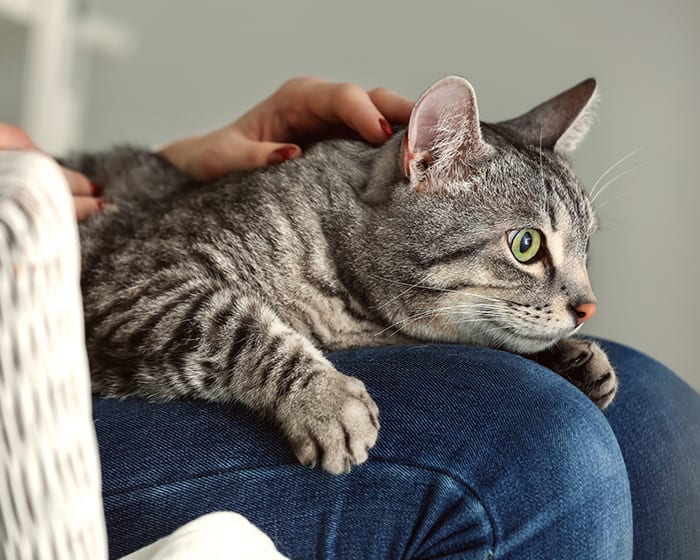C-Sections for Cats and Dogs
A C-section (or Caesarean) is major surgery. It involves the removal of puppies or kittens from the uterus of a dog or cat.
C-sections are often performed in emergency cases where an animal will not be able to safely give birth through natural means.
The recovery from a C-section is usually quite quick and complications are rare.

Preparing for a C-Section
It is best to bathe your pet within a few days prior to surgery. This way your pet will be clean for the surgery itself, and because bathing will have to be put on hold post-surgery it will make that period less problematic than if she was already overdue for a bath.
Your pet may eat the night before a C-section, but not the morning of the procedure. Water is fine right up until your appointment, as are any medications your pet has to take along with a small amount of food to encourage her to take it. Make sure you discontinue the use of any topical flea or tick products in the week leading up to the surgery.
Your vet will provide specific instructions for pre-operation well in advance.
C-Section FAQs
- Why does my pet need a c-section?
C-sections are usually done in emergency situations for cats and dogs when an animal has been laboring for too long or will otherwise be unable to give birth naturally.
- Are there any risks associated with c-sections?
Complications as a result of C-sections are rare, but there are always risks involved with surgery. Potential complications could include:
- Pyometra: Uterine infection
- Post-operative hemorrhaging
- Infection
- Mastitis
- Anesthetic death
Home Care After a C-Section
After a C-section, the new mother and her babies should be closely watched for the first 24 hours to make sure the babies are safe.
You will need to stay up overnight and place the puppies or kittens on the teats of your pet to make sure they feed. This will also help the mother's natural hormones to kick in and encourage her mothering instincts.
You should make sure the environment around the newborns and mother is warm and dry. Ideally, this involves lots of towels and a source of warmth that is safe for them to be around. Replace the towels as they become wet.
Make sure there is always food and water available, new mothers need up to 3 times their regular amounts of food and water to produce milk for their children.
Keep a close eye on the mother's surgical wound. Monitor for signs of infection like swelling or redness and make sure the area stays clean.
Keeping their bed clean will also reduce the risk of infection, as will checking the umbilical cords for redness or swelling.
